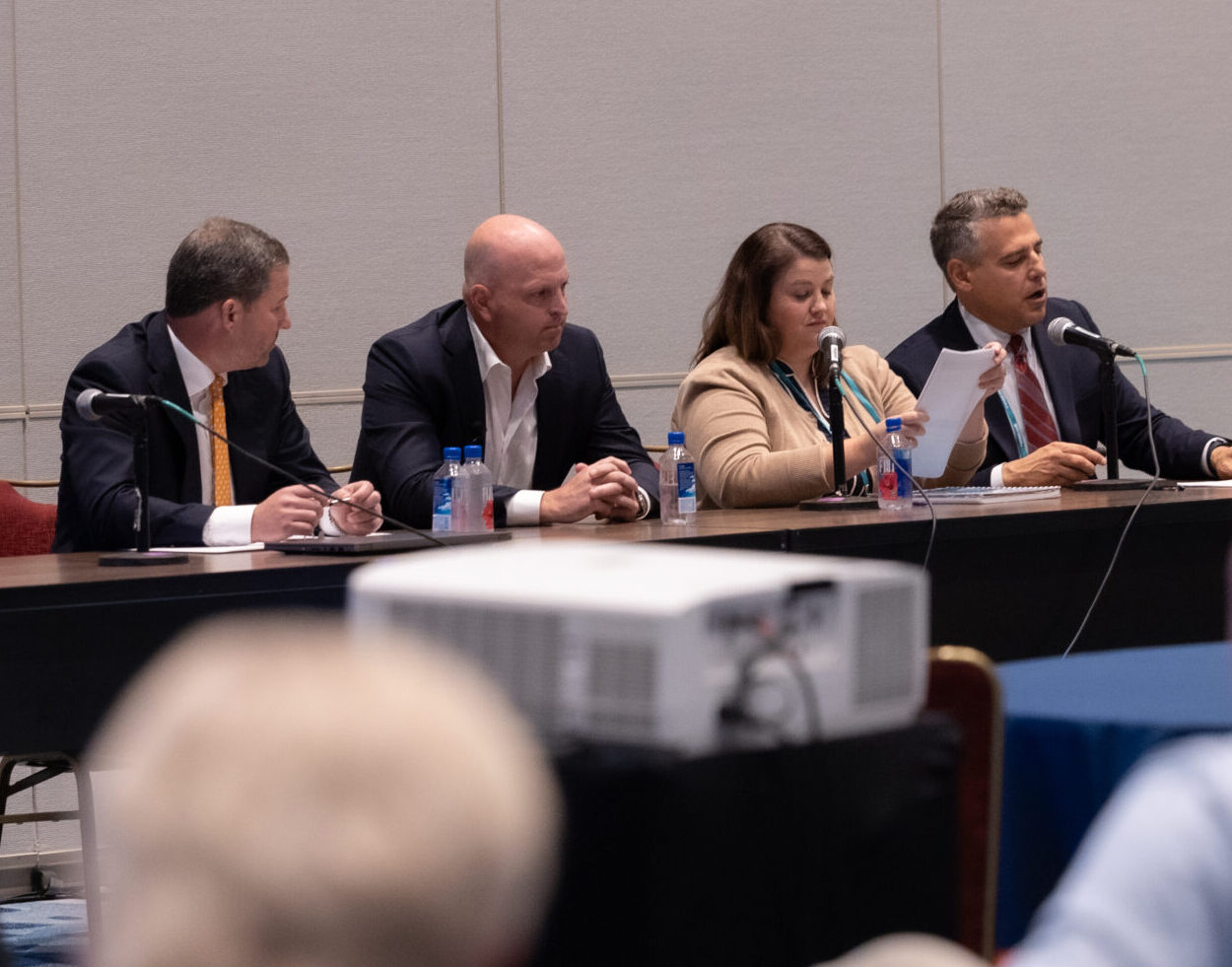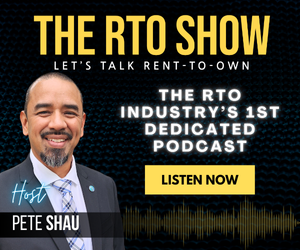Rental dealers interested in the current legal environment around their businesses arrived at RTO World a day early to attend the three-hour Protecting the Transaction Legal Summit. RTO companies are interested in the latest legal developments to ensure they are in compliance and protecting their customers. Recent bills introduced in the New York Legislature to revamp the state’s laws to recharacterize rentto- own transactions as credit sales have piqued interest.”
At the summit, panelists from the D.C-based law firm Hudson Cook LLP, Justin Hosie and Dailey Wilson, presented 11 recommendations for how dealers can minimize challenges to rent-to-own transactions:
- Application Process: Require customers, not storefront representatives, to complete all consumer applications and agreements.
- Pre-Agreement Charges: Do not charge the consumer any amount unless and until they have entered an agreement.
- Transparency & Accuracy: Be sure advertisements and payment terms are accurate and transparent.
- Transaction Nature: Disclose the short initial term and the maximum time to ownership.
- Total Cost: Disclose the total cost of the RTO/LTO transaction for the maximum time to ownership.
- Ancillary Charges: Ensure ancillary charges (loss damage waiver, extended warranty, delivery, etc.) are optional, cancellable if applicable, and not included in rental cost.
- Termination Rights: Disclose that the transaction is “no-obligation” and the process for the customer to perform a no-cost return.
- Personal Property: Rent-to-own only personal property allowed by law.
- Fair Credit Reporting Act (FCRA): Fully comply with the FCRA if you obtain third-party information or report RTO payments.
- Auto-Pay Options: For payment authorizations, always disclose clear terms, provide at least one option not from the consumer’s bank account, obtain the consumer’s express informed consent, and clearly disclose cancellation terms.
- Vendor Diligence: Require vendors to comply with consumer-protection laws, including accurately describing rent-to-own and following federal standards on incentivizing storefront employee behavior.

Next, panelist Joshua Threadcraft, a Partner with the Southeast regional law firm of Burr & Forman LLP, presented an update on the FTC rule concerning employee non-compete agreements, estimated by the commission to cover about 20% of the U.S. workforce. The new rule had been scheduled to become effective September 4, 2024, but a federal district court in Texas ruled in August the rule was “unlawful” and set it aside. The FTC is expected to appeal this ruling.
The panel urged rental dealers to consult with employment attorneys for specific questions about how to handle existing non-compete agreements with employees. Panelists also discussed the Telephone Consumer Protection Act and recent decisions under that law.
There are also potential legal issues affecting RTO businesses under the FCRA, especially when dealers are reporting customer payment histories to credit reporting agencies (CRAs). When that happens, dealers are deemed to be “furnishers;” if a consumer disputes what a furnisher has sent to a CRA, the furnisher has a duty to investigate the information they provided and make corrections as necessary, or face liability.

The panel further discussed current trends in consumer-protection lawsuits, including common-law claims like invasion of privacy for not keeping customers’ financial information and debt-collection efforts private between the company and the consumer.
Jeremy Pope, Founder of the Alabama- based law firm Pope/Partners LLC then talked about the recharacterization issue as it has arisen in bankruptcy cases. What constitutes a “penalty” has been at play in some such cases, including whether the transaction has a downpayment or some form of capital-cost reduction, whether it requires a security deposit, whether the deposit is refundable or not, and whether there is a material burden on consumers when they want to return the property.
The seminar concluded on a cautionary yet hopeful note. Presenters agreed: rental dealers can minimize their exposure to government regulation by actively engaging in self-regulation. If they remain careful, fair, and transparent in their dealings with consumers, then they’ll survive whatever legal scrutiny comes their way.
Ed Winn III serves as APRO General Counsel.









